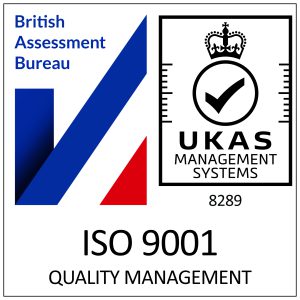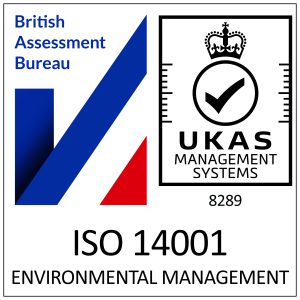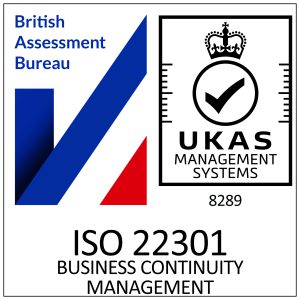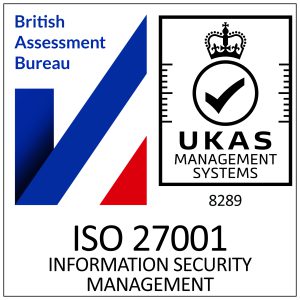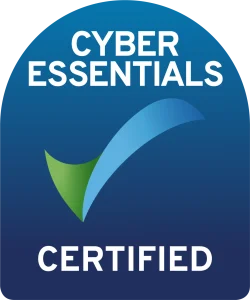What is a DBS Check: A Comprehensive Guide
A DBS check, conducted by the Disclosure and Barring Service in the UK, is a background check that provides information about an individual’s criminal record and other relevant data. It is primarily used by employers to make informed decisions when hiring for roles that involve working with vulnerable groups, such as children or vulnerable adults.
- DBS Meaning: The check ensures that individuals who might pose a risk are flagged before they can work in sensitive environments.
- What’s a DBS Check? Simply put, it’s a certificate that details whether a person has a criminal record, helping employers assess their suitability for certain roles.
What Documents do you need?
Before applying for a DBS check, it’s important to understand the requirements and steps involved:
- Eligibility: Not all roles require a DBS check. It is typically mandatory for positions in healthcare, education, social work, and other fields that involve close contact with vulnerable groups.
- Employer’s Role: While individuals can apply for a basic DBS check on their own, standard and enhanced checks must be requested by the employer.
- Personal Information: You will need to provide your full name, address history for the past five years, date of birth, and other personal details.
- Identity Verification: Verification of identity is required through documents such as a passport, driving licence, or birth certificate.
Understanding what is required for a DBS check helps ensure the process is smooth and efficient.
What is an Enhanced DBS Check?
An Enhanced DBS Check is the highest level of DBS check available and is typically required for roles that involve significant contact with children or vulnerable adults.
- Enhanced DBS Check Meaning: This check includes information on both spent and unspent convictions, cautions, warnings, and reprimands, along with any additional relevant information held by local police forces. It may also include checks against the Children’s Barred List and/or the Adult’s Barred List, depending on the nature of the job.
An enhanced DBS check provides employers with a detailed background check, ensuring they can make informed decisions about hiring for sensitive positions.
Documents Needed for a DBS Check
To complete a DBS check, specific documents are required to verify your identity and address. Here is what you will generally need:
- Proof of Identity: A passport, driving licence, or birth certificate.
- Proof of Address: Documents like a utility bill, bank statement, or council tax bill (dated within the last three months).
- National Insurance Number: This can be provided through an official document such as a payslip or P60.
- Additional Documents: If primary documents are not available, alternative documents like marriage certificates or official letters from government bodies may be accepted.
Having these documents ready and accurate is essential for timely processing of your DBS check.
DBS Check Requirements
The requirements for a DBS check can vary depending on the type of check and the specific job role. Key considerations include:
- Role Requirements: Determine whether the job requires a basic, standard, or enhanced DBS check.
- Age Requirements: The applicant must be at least 16 years old to apply for a DBS check.
- Application Process: Basic DBS checks can be applied for directly by individuals, while standard and enhanced checks must be processed through an employer.
- Fees: There is a fee associated with each type of DBS check, which might be paid by either the employer or the individual.
- Renewal: Although DBS checks do not expire, employers may require them to be renewed periodically (usually every 1-3 years).
Understanding these requirements helps ensure that the application process is smooth and that the check is appropriate for the role.
Frequently Asked Questions (FAQs)
Q1: How long does a DBS check take?
A DBS check can take anywhere from a few days to several weeks, depending on the type of check and the complexity of the individual’s history.
Q2: Can I start a job before my DBS check is complete?
In some cases, you may be allowed to start work under supervision while awaiting the results of your DBS check, depending on the employer and the nature of the job.
Q3: Does a DBS check expire?
DBS checks do not have a set expiry date. However, many employers require a new check every 1-3 years to ensure the information is current.
Q4: What if I don’t have the required documents for a DBS check?
If you are missing primary documents, you may be able to provide alternative forms of identification. It’s best to consult with the DBS or your employer for guidance.
Q5: Can I apply for a DBS check if I’m self-employed?
Yes, self-employed individuals can apply for a basic DBS check on their own. For a standard or enhanced check, it must be done through an organisation or an umbrella body.
By understanding what a DBS check is, what documents and requirements are involved, and the specific types of checks available, both employers and employees can ensure that they are well-prepared for the process. Whether you’re ensuring the safety of your workforce or seeking a role that requires a DBS check, being informed is key to a smooth and effective application experience.















